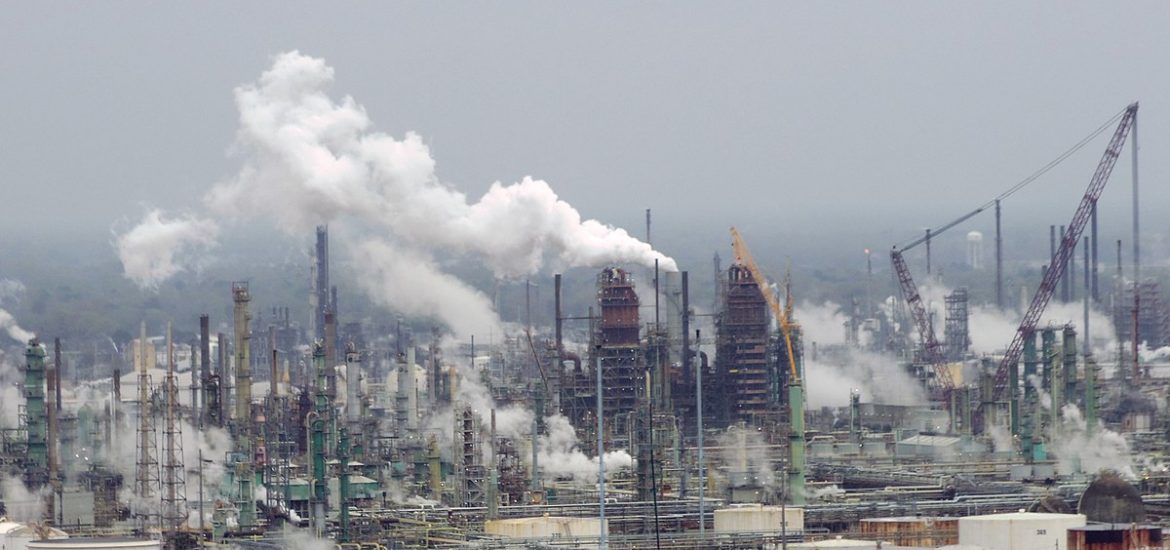
Donald Trump’s demand that Opec reduces oil prices was dismissed as the group said it would only boost output if customers requested it.
Saudi Arabia, Russia and other producers signalled less urgency and did not promise specific extra volumes of crude.
“Our plan is to meet demand,” Saudi Energy Minister Khalid Al-Falih said after the meeting in Algiers at the weekend. “The reason Saudi Arabia didn’t increase more is because all of our customers are receiving all of the barrels they want.”
But Saudi Arabia did expect to pump more crude oil this month and more again during October, he added.
The Organisation of Petroleum Exporting Countries and its allies are only halfway toward their June promise to pump an extra 1 million barrels a day of crude to cope with the chaos in Venezuela and renewed US sanctions targeting Iran’s oil and gas, which are due to come into effect in November.
Al-Falih said it might take two to three months to reach that target.
The lack of a firm Opec commitment to boost supplies suggested Trump’s prediction that Iran’s economy could be broken through sanctions without significantly raising oil prices might prove bogus.
“It’s a time of great uncertainty in oil markets, from Iranian output post-sanctions to the global economy and demand,” said Jason Bordoff, an Obama administration oil adviser.
Brent crude rose above US$80 a barrel last week and Opec has raised its long-term global production forecast based on higher-than-predicted US output in a report outlining a long-term rise in net demand, particularly in developing states.
The World Oil Outlook forecast world supply of all hydrocarbons – primarily oil and LNG – would rise from the current 98.4 million barrels per day (mbd) to 104.5 million by 2023 and 111.9 million by 2040.
The figures are higher than the 2017 forecast, with rising production in non-cartel states, particularly the US, a key factor.
Non-member production overall is forecast to rise by 8.6 mbd to 66.1 mbd by 2023, the report forecast.
The cartel said demand would continue rising despite increasing numbers of electric vehicles and political moves to promote renewable energy.
Opec forecast a fall in demand growth between the distant 2035 and 2040.
The cartel’s crystal ball said demand for oil in OECD countries would fall from the early 2020s, but would still be the primary source of energy until 2040.
Opec has been benefiting from high prices. Picture credit: Wikimedia





